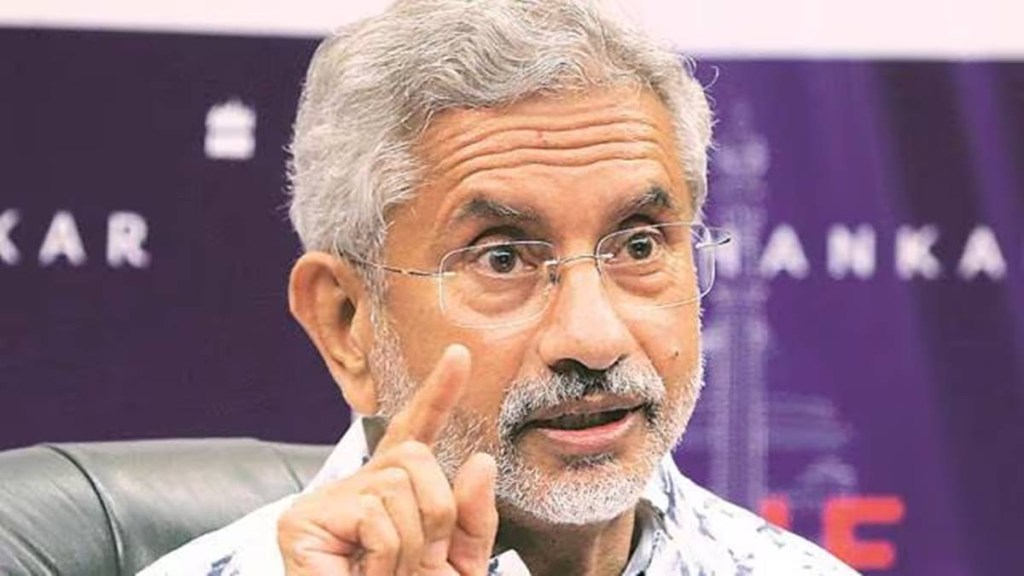External Affairs Minister S Jaishankar on Friday said that India remains committed to retaliating against any acts of terrorism originating from across the borders, emphasizing that terrorists do not adhere to rules, hence India’s response cannot be bound by them.
During an interaction with youth at an event titled ‘Why Bharat Matters: Opportunity for youth and participation in global scenario’, Jaishankar questioned the consequences of not reacting to similar attacks in the future.
When queried about challenges in maintaining relationships with certain countries, Jaishankar spoke about Pakistan, attributing the difficulty to India’s own policies. He underscored the historical context of terrorism, referencing events dating back to 1947 and the subsequent Indo-Pak conflicts.
When asked about countries with which India finds it challenging to maintain relationships, Jaishankar said India should question whether it should maintain any relationship with certain countries.
“Well, one is just next to us. Let us be honest, the one country that is very, very difficult is Pakistan, and for that, we should only introspect why. One reason for this is us,” he said.
He added that had India been clear from the start that Pakistan was indulging in terrorism, which India should not tolerate under any circumstances, the country would have had a vastly different policy.
“In 2014, Modi ji came. But this problem (terrorism) did not start in 2014. It did not begin with the Mumbai attack. It happened in 1947. In 1947, the first people (invaders) came to Kashmir, they attacked Kashmir. It was an act of terrorism. They were burning down villages and towns. They were killing people. These people were tribals from Pakistan’s North-West Frontier Province. The Pakistan army backed them. We sent the army, and the integration of Kashmir took place,” Jaishankar said.
“While the Indian army was taking action, we stopped in the middle and went to the UN, mentioning that the attack was by tribal invaders instead of terrorism, as if it was a legitimate force,” he said.
He added that in the 1965 Indo-Pak war, Pakistan first sent infiltrators to sabotage.
“We have to be very clear in our minds about terrorism; under no circumstances is terrorism acceptable from any neighbour or from anyone who uses terrorism to force you to sit at the negotiating table. This should never be accepted,” he said.
Reflecting on India’s foreign policy evolution, Jaishankar noted a mix of continuity and change, particularly in the realm of counterterrorism.
“One change is regarding terrorism. After the 26/11 Mumbai attack, there was not a single person in the country who felt that we should not have responded to the attack. Everybody in the country felt it. There is an account of that time. The NSA had written that this minister looked at it, that minister looked at it. Everybody deliberated, a lot of analysis took place, and then it was decided that the cost of attacking Pakistan is more than not attacking Pakistan. So after a lot of deliberation, nothing fruitful came out,” he said.
He emphasized that if something like Mumbai happens and you do not react to it, how can you prevent the next one from happening?
“They (terrorists) should not feel that since they are across the border, no one can touch them. Terrorists do not play by any rules. The response to terrorists cannot have any rules.”
(With PTI inputs)

